Register for free and continue reading
Join our growing army of changemakers and get unlimited access to our premium content
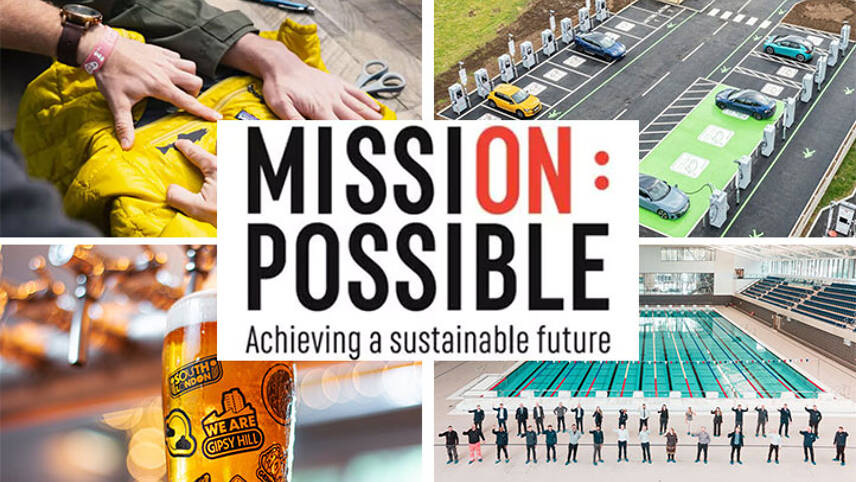
Published every week, this series charts how businesses and sustainability professionals are working to achieve their ‘Mission Possible’ across the campaign’s five key pillars – energy, resources, infrastructure, mobility and business leadership.
Across the UK and across the world, leading businesses, cities, states and regions are turning environmental ambitions into action. Here, we round up five positive sustainability stories from this week.
ENERGY: Denby Pottery gets the green light for onsite solar array
The recent Climate Change Committee progress report to Parliament on the UK’s net-zero transition showed that there is still a long way to go to decarbonise the private sector, including heavy industry and manufacturing
But many businesses are already moving ahead of policy. A success story in this space this week comes from Denby Pottery, which has been granted planning permission for an onsite solar array as it works to deliver a net-zero value chain.
The 2MW array at its site in Derbyshire will be delivered by YLEM energy. It will reduce Denby Pottery’s annual energy-related emissions by 475 tonnes.
YLEM Energy’s managing director Ian Gadsby said: “With the increasing pressures on the National Grid, I’m pleased to see that a much-loved UK business, has been given approval to guarantee a reduction of its carbon footprint.
“Denby now has a long-term solution that will not only reduce its carbon emissions, but ensure it is protected against any future fluctuations in the electricity market, and ensure this business is around for the next 200 years.”
RESOURCES: Patagonia aims to quadruple European repairs this decade
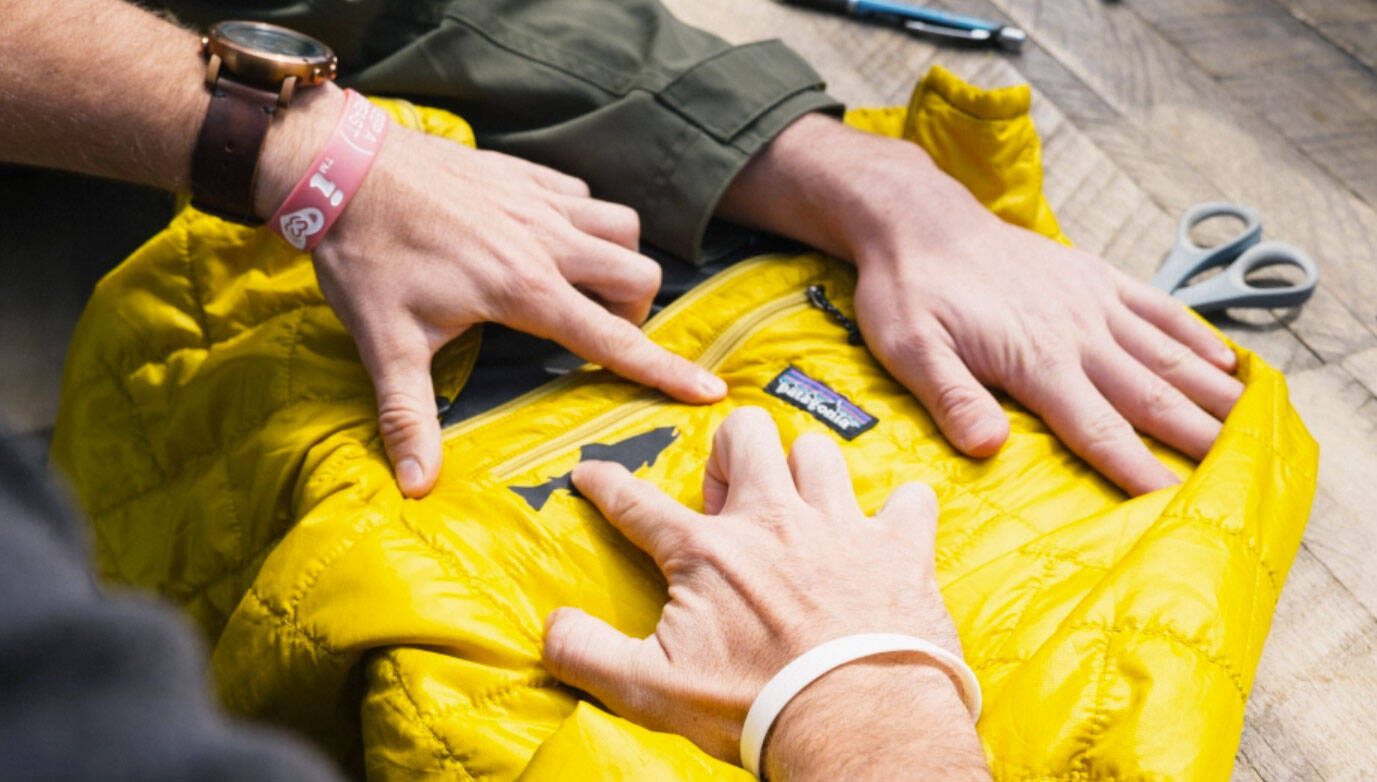
Image: Patagonia
Patagonia regularly tops rankings of businesses that are perceived to be sustainability leaders, being well-known for its efforts to get shoppers to buy less and for its partnerships for nature and climate advocacy.
This week, the business pledged to expand its base of professionals trained in clothing repair in Europe. it is aiming to fix 100,000 products per year by 2030, up from around 25,000 at present.
Having offered repairs via stores for several years, it is launching a new online portal for the European market. The ‘Worn and Wear’ repair portal will enable customers to file a repair request 24/7 and to track the status of their request. Goods that can be repaired will be sent directly from customers to the right repairer. Patagonia has in-house experts and also uses a network of third-party experts.
“At Patagonia, we know that offering free repairs brings us many benefits, and a unique moment to engage with our customers – and to scale our impact, we are looking for companies to join us in the repair movement,” said Patagonia’s director of finance and operations for the EMEA region, Willem Swager.
MOBILITY: UK’s largest EV charging hub set for Winchester area
The UK is targeting a tenfold increase in public electric vehicle (EV) charging points between 2022 and 2030. Rapid chargers across the motorway network are a key focus, along with chargers in town and city centres.
Charging point specialists InstaVolt this week unveiled plans to build the UK’s largest EV charging hub, to be based off the A34 near Winchester. The facility will feature on-site solar arrays and energy storage equipment to power the vehicles. There will also be shops, toilets and a play area at the site to serve motorists.
The total number of rapid chargers for the project is yet to be confirmed.
InstaVolt has hired Lily Coles to act as the project’s development manager. She said: “I am looking forward to bringing together my experience of planning and negotiating with landowners and the National Grid to ensure we deliver the most reliable and accessible Super Hubs across the UK.”
Pictured: InstaVolt’s existing hub in Banbury
THE BUILT ENVIRONMENT: Wates Group collaborates with suppliers for landmark greener aquatics centre
Watch the full story here.
The Wates Group is committed to becoming a net-zero business, with a 2025 target in place for business operations. But it can have a far bigger positive impact by delivering buildings that leave lasting legacies with local communities.
Wates shares its experience of collaborating closely with its supply chain team to drive sustainability and reduce emissions. By leveraging better data and focusing on its ESG targets, it was able to deliver the Sandwell Aquatics Centre for the Birmingham 2022 Commonwealth Games and leave a long-lasting legacy for the local community.
This landmark project – completed during a global pandemic in time for the Games, and now developed into a world-class community leisure facility – epitomises the Group’s approach to ESG.
As well as encouraging health, fitness and wellbeing, the centre has impressive environmental credentials, with a solar powered hot water system set to save 10% in typical energy use.
The project team worked together with local organisations like Think Sandwell, Sandwell College, as well as local schools, providing work placements, mentoring and encouraging careers in the built environment.
BUSINESS LEADERSHIP: Gispy Hill Brewery touts carbon-negative pints, without offsetting
Carbon-related marketing claims have been in the spotlight recently, with EU lawmakers seeking to implement restrictions on brands claiming to sell ‘carbon-neutral’ and ‘carbon-negative’ products. This is because these claims are almost always backed up with the use of carbon credits.
This week, London-based Gipsy Hill Brewery claimed that it has created a carbon-negative beer without the use of any offsets.
The business’s ‘Swell Lager’ and ‘Trail Pale Ale’ have been certified by a third party, Zevero, as carbon-negative. A pint of the former has a CO2e footpring of -30g and the latter sits at -40g. A typical pint has a footprint of at least 350g of CO2e.
Gipsy Hill Brewery is using processes that enable carbon reduction and sequestration in the value chain for these beers. It is sourcing barley from Wildfarmed, which uses regenerative farming processes that sequester carbon into the soil.
The barley is combined with recaptured hops – hops that have already been used to brew a previous batch of beer. This reduces emissions relating from waste. The beers are only available on-tap, so there are minimal packaging-relating emissions to address.
Zevero’s co-founder Ben Richardson said: “The work Gipsy Hill is doing with their focus on regenerative agriculture is not only exciting for this range, but should also be seen as a model for the whole industry to move away from the reliance on offsets in climate programmes.”
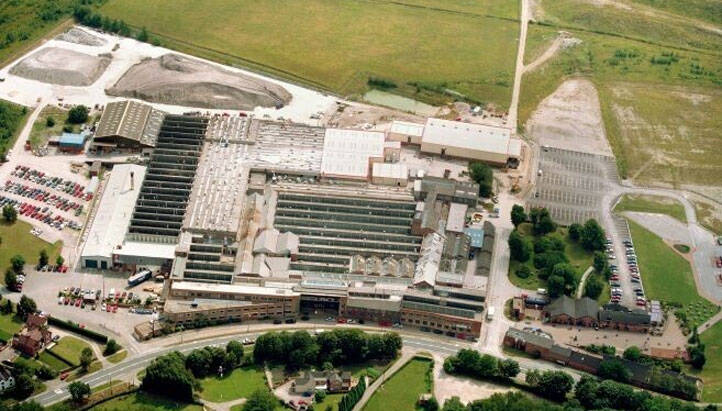
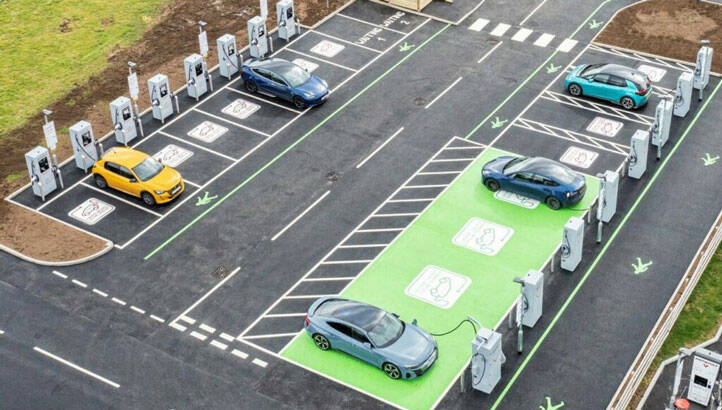
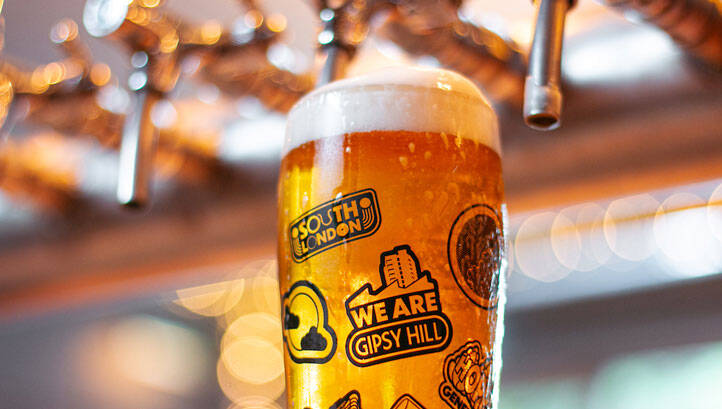


Please login or Register to leave a comment.